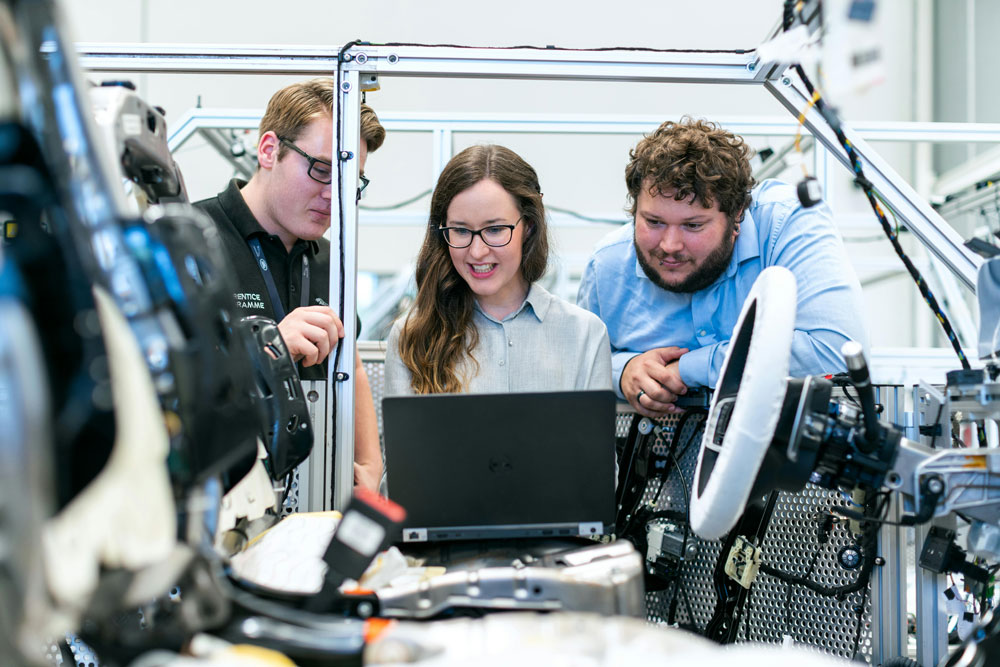Before purchasing a used car, it is critical to undertake sufficient research to ensure that you are making the best decision. Even though a sparkling surface can attract your attention, it’s important to delve deeper and pose relevant questions before committing. Here are five important factors to take into account before beginning your used automobile search.
Vehicle History: Unveiling the Past
Learning about the history of a used car is equivalent to reading about its life story. It is essential to request the car history report, which will shed light on any accidents, repairs, or title difficulties that have occurred. For example, if you live in Ohio, obtaining an Ohio car crash report from a reputable provider is one of the most crucial tasks to take on when car searching. Having an understanding of the route that the car took through any bad situations can provide insights about prospective difficulties that can arise in the future. To assure openness and provide you with a clear picture of what the vehicle has been through, a full vehicle history check is performed.
Maintenance Records: The Car’s Health Diary
Examining the maintenance records of a used car is essential, just as it is important to learn about a person’s medical history before forming a connection with them. Enquire about the frequency of normal maintenance jobs such as changing the oil, checking the brakes, and other similar measures. These details not only demonstrate the owner’s level of diligence but also offer insight into the prospective costs that can be incurred shortly. A vehicle that has been well maintained is likely to be more dependable, and it can eliminate the need for you to deal with unforeseen difficulties in the future.
Mileage: Decoding the Odometer’s Tale
The reading on the odometer reflects the journey that a vehicle has taken in numerical form. Low mileage can at first appear to be enticing; nonetheless, it is vital to investigate the context of the situation. When compared to shorter, stop-and-go journeys in the city, regular long-distance highway travel can result in less wear and tear on a vehicle. One possibility is that a vehicle with a higher mileage and regular maintenance is a more dependable choice. Be sure to inquire about the type of miles that have been accrued and think about how those miles relate to the way you want to utilize the car.
Inspection: Under-the-hood Insights
A thorough inspection is comparable to a checkup at the doctor’s office for a vehicle. A reliable technician should be consulted before the transaction is finalized to ensure that the car is in good condition. This investigation delves deeper beyond the surface, examining the inner workings of the vehicle and focusing on the most important components. A thorough evaluation of the vehicle, covering everything from the engine to the brakes, will guarantee that you do not inherit any hidden problems. If the seller has previously carried out such an examination, you should not be afraid to inquire about it, and if they have, you should ask for the results of the inspection.
Negotiation: Finding the Sweet Spot
The ability to negotiate is an art, and when it comes to purchasing a used automobile, it is a skill that should be honed. You should arm yourself with knowledge about the market value of the car before entering the field of negotiation. This knowledge should include the make, model, year, and condition of the vehicle involved. Inquire with the vendor about the possibility of negotiating the price, and be ready to walk away if the price does not correspond with the findings of your study. To ensure that both parties are satisfied with the transaction, a well-informed approach to negotiation can result in a situation in which both parties are successful.
Conclusion
A cautious approach and a desire to investigate the vehicle’s history, current condition, and prospective future are required when purchasing a used automobile. You will be able to navigate the used automobile market with confidence if you prepare yourself by asking the appropriate questions, concentrating on the most important factors, and being skilled at negotiation. Always keep in mind that making a decision today that is well-informed can pave the way for a voyage that is smooth and rewarding tomorrow.











